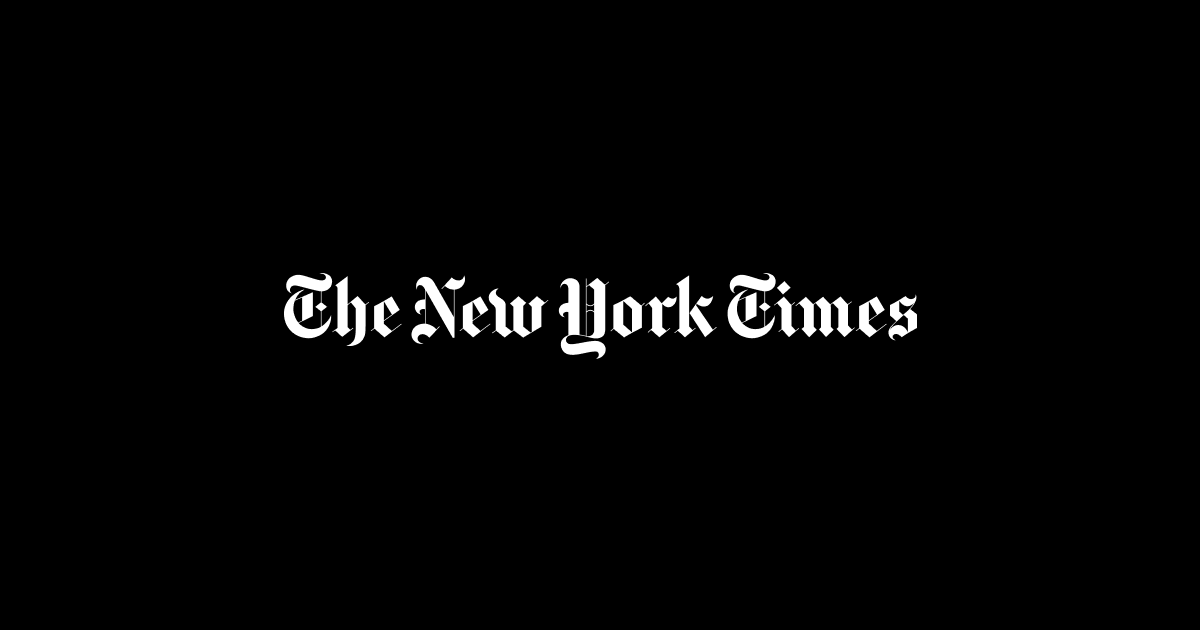Executives who run the country’s largest banks say the economic outlook is deteriorating. At an investor conference hosted by Bernstein Research on Tuesday, the chief executives of JPMorgan Chase, Wells Fargo and Morgan Stanley sounded pessimistic about the impact of factors such as inflation and rising interest rates on growth.
Here are some of their comments.
-
Jamie Dimon, the CEO of JPMorgan Chase, warned of a coming storm caused by a combination of “unprecedented” factors: fiscal stimulus during the pandemic, Federal Reserve policies and the war in Ukraine. “It’s a hurricane,” said Mr. Dimon, who runs the country’s largest lender. “At the moment it’s a bit sunny, it’s going well. Everyone thinks the Fed can handle this. That hurricane is over there, on the road, coming our way. We just don’t know if it’s a minor or a super storm Sandy.” The bank is bracing for turbulence and bad times, he said.
-
Wells Fargo’s CEO, Charles W. Scharf, said that while the economy remained robust, “the question is, how long will it stay that way?” As the Fed raises interest rates to slow inflation, he said, “we expect consumers, and ultimately businesses, to weaken.”
-
On Wall Street, Morgan Stanley said economic uncertainty is likely to weigh on its investment banking business as demand for mergers, acquisitions and stock offerings waned. “This paradigm shift will, at some point, usher in a new cycle, because it’s been so long that we’ve had to think about what a world looks like with real interest rates, real cost of capital, that will separate winning companies from losing companies. said Ted Pick, co-chair of Morgan Stanley. Still, its trading arm could benefit from volatile markets as clients rearrange their portfolios, he said.
-
Brian Moynihan, the CEO of Bank of America, remained more optimistic than his peers. Low unemployment, wage growth and robust consumer spending are all “good things,” he said, although they pose a challenge to Fed policymakers trying to prevent the economy from overheating. He estimated that investment banking fees would fall about 50 percent in the second quarter from a year earlier, while trading revenues could rise 10 to 15 percent.

